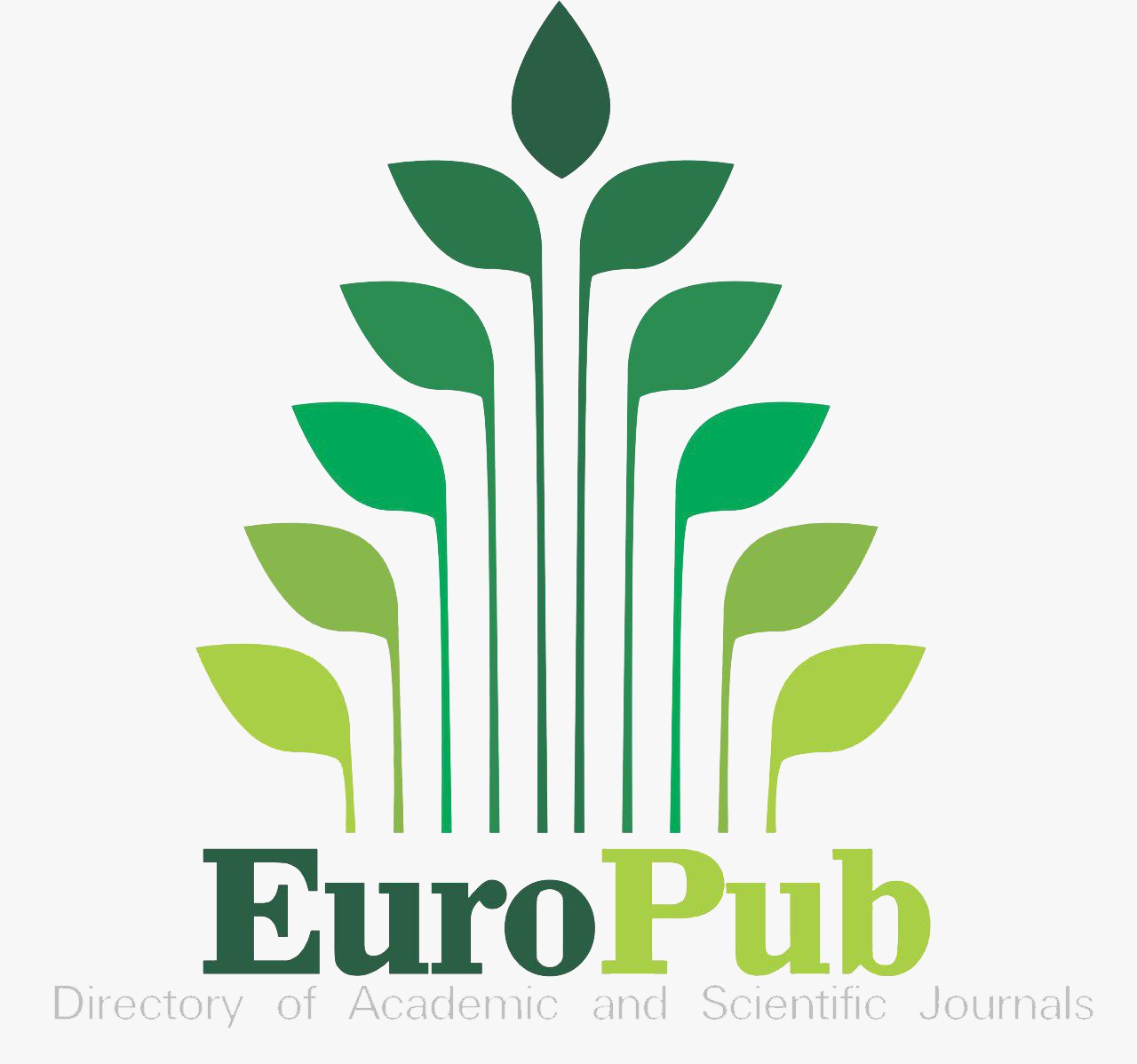ESTABLISHMENT OF ETHICAL PEDAGOGY, AN ALTERNATIVE TO THE ABUSE OF TECHNOLOGIES IN THE EDUCATIONAL PROCESS
DOI:
https://doi.org/10.56219/dialctica.v2i25.3976Keywords:
Ethics, technological abuse, ICT, educational processAbstract
In a context where students are increasingly immersed in virtual environments, it is crucial that education not only focuses on the acquisition of technical knowledge, but also promotes ethical principles that guide the responsible use of these technologies. Ethical pedagogy seeks to balance technological integration with the integral development of the student, promoting social and emotional skills that are essential for their formation as critical and responsible citizens. In view of this, the present article had as a general objective to analyze the impact of ethics in the framework of understanding the abusive use of ICTs in educational processes. To do so, it was carried out from a qualitative methodological structure, from the interpretative and argumentative structure that was framed in a documentary review design. As a result, it was specified that this new pedagogical perspective emphasizes the importance of training educators in the ethical use of technologies. Teachers must be trained not only in the digital tools available, but also in how to use them in ways that benefit learning and promote an inclusive and equitable environment. This involves reflecting on the ethical implications of the content that students have access to and developing media skills that allow them to discern between truthful and false information. By empowering educators with this knowledge, a more conscious and responsible educational environment is created, where student well-being is prioritized.
Downloads
References
AKliksberg, D. (2004). Ethics of security and surveillance technologies (EGE Opinion Report No 28). Luxemburgo: Oficina de Publicaciones de la Unión Europea. Consultado en el sitio web del Grupo Europeo de Ética en Ciencias y de las Nuevas Tecnologías (GEE) para la Comisión Europea: http://ec.europa.eu/bepa/european-group-ethics/docs/publications/ege_opinion_28_ethics_security_ surveillance_technologies.pdf
Bebeau, M., Rest, J. y Yamoor, C. (1985). Measuring dental students’ ethical sensitivity. Journal of Dental Education, 49(4), 225-235. DOI: https://doi.org/10.1002/j.0022-0337.1985.49.4.tb01874.x
Charlton y Danforth (2007). ¿Qué es lo virtual? Barcelona: Paidós.
Cuesta, U. y Gaspar, S. (2013). Análisis motivacional del uso del smartphone entre jóvenes: una investigación cualitativa. Historia y Comunicación Social, 18, 435-447. DOI: https://doi.org/10.5209/rev_HICS.2013.v18.44252
Jonas, H. (1995). El principio de responsabilidad. Ensayo de una ética para la civilización tecnológica. Barcelona: Herder.
Knight, R. (2005). Borderless, offshore, transnational and cross-border education: definition and data dilemmas. Londres: The Observatory on Borderless Higher Education. Consultado en http://trove.nla.gov.au/version/39317912
Kozma, J. (2011). A framework for ICT policies to transform education. En Unesco (ed.). Transforming education: the power of ICT policies, págs. 19-36. París: Unesco.
Polo, M. (2016). Tendencias curriculares. Ponencia presentada en la VI Reunión Nacional de Currículo. Barquisimeto
Przybylski A., Murayama, K., DeHaan, C. y Gladwell, V. (2013). Motivational, emotional, and behavioral correlates of fear of missing out. Computers in Human Behavior, 29(4), 1841-1848. doi: http://dx.doi.org/10.1016/j.chb.2013.02.014 DOI: https://doi.org/10.1016/j.chb.2013.02.014
Rhodes, R. (1986). The making of the atomic bomb. Nueva York: Simon & Schuster.
Tejada, F. (2019). Perfil Docente y Modelo de Formación. Fondo Iberoamericano sobre Educación en Valores. Montevideo.
Visser, J. (2022). La universidad en la ecología del aprendizaje: Consideraciones Curriculares y trasncurriculares para la universidad de la sabiduría. V Reunión Nacional de Currículo. Escenarios para la universidad del S XXI. Caracas.
Downloads
Published
How to Cite
Issue
Section
License

This work is licensed under a Creative Commons Attribution-NonCommercial-ShareAlike 4.0 International License.
La revista Dialéctica conserva los derechos patrimoniales (copyright) de las obras publicadas, que favorece y permite la reutilización de los mismos bajo la licencia Creative Commons Atribución-NoComercial-CompartirIgual 4.0 , por lo cual se pueden copiar, usar, difundir, transmitir y exponer públicamente, siempre que se cite la autoría y fuente original de su publicación (revista, editorial, URL y DOI de la obra), no se usen para fines comerciales u onerosos y se mencione la existencia y especificaciones de esta licencia de uso. Si remezcla, transforma o crea a partir del material, debe distribuir su contribución bajo la misma licencia del original.












